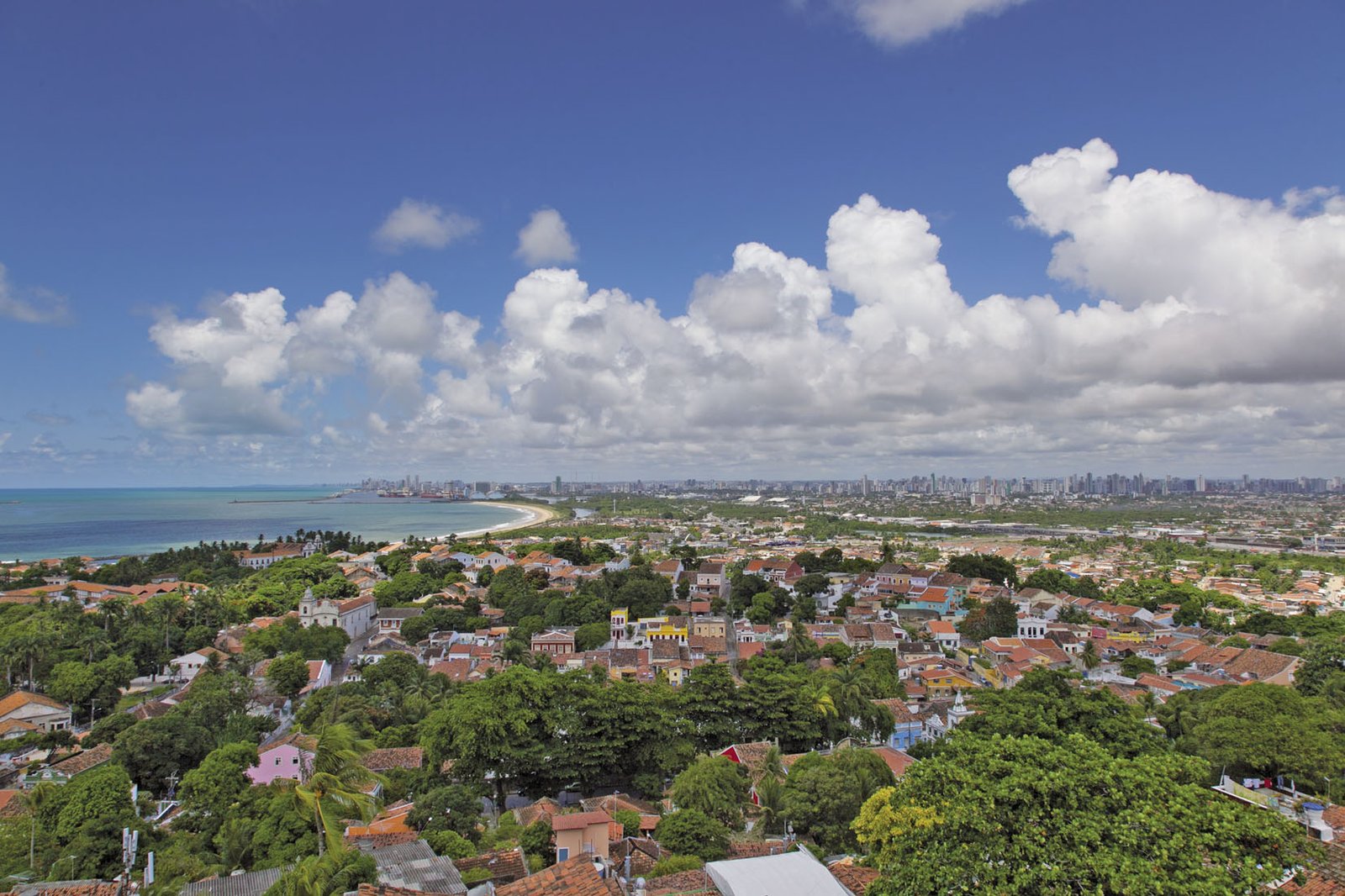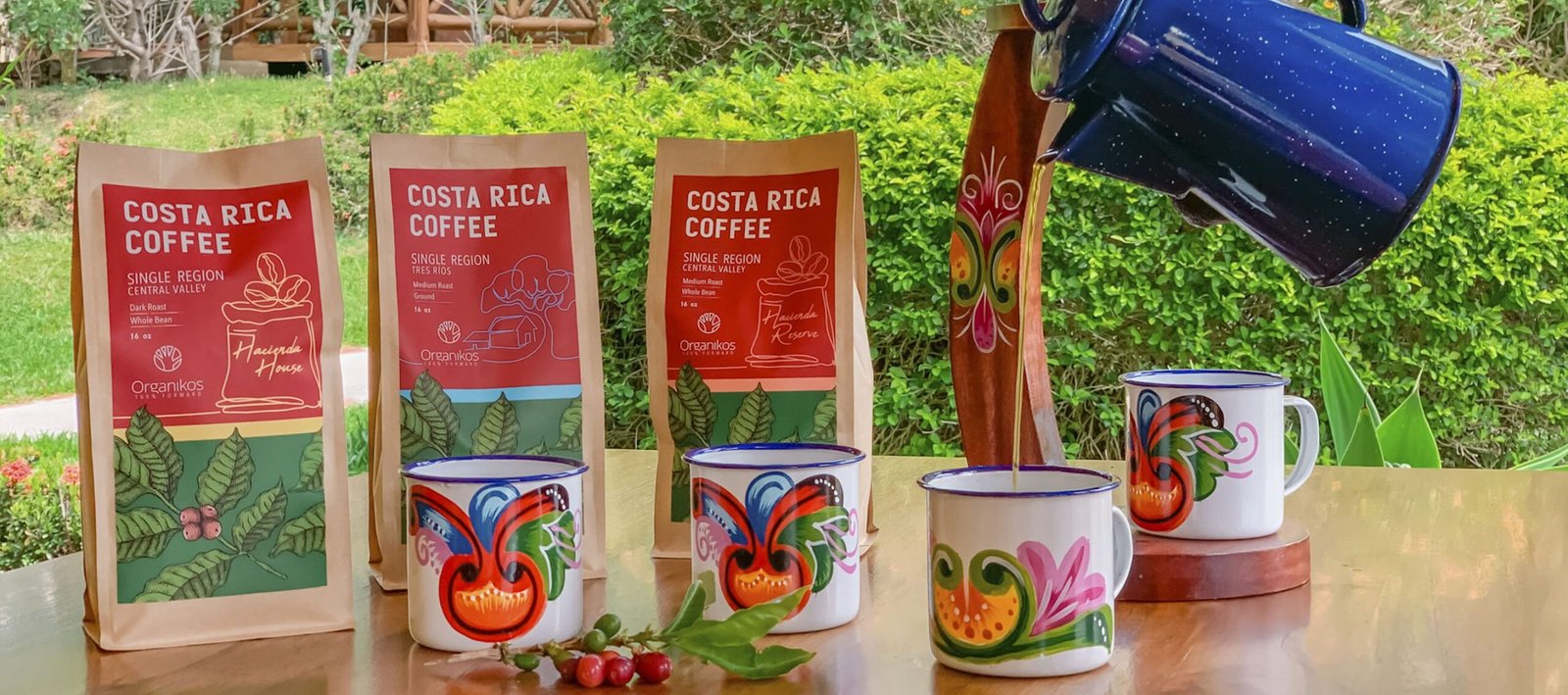
Susana Baca: The Assertive Afro-Peruvian Diva
By: Roberto Quintero
Photos: Noelia Vittori
Performers like Susana Baca are as scarce as hen’s teeth in this world. This may sound like an exaggeration, but there is no other way to describe a woman as fascinating as this 68-year-old Lima-born singer. She is respected around the world for her contribution to the resurgence and recognition of Afro-Peruvian music, as well as her social activism in support of human rights. Baca is considered one of the greatest figures in Latin American folklore and one of the most influential and inspiring of performers in the current musical universe of the Americas.
Her prominent career and many awards are just the icing on the cake of her biography, however, if we consider her most impressive side: her human qualities. Unaffected, friendly, and cheerful toward the fans who are dying to greet her, the winner of two Latin Grammy awards goes above and beyond the demands of fame by doling out kisses, autographs, and other shows of affection without retinues or bodyguards. Refreshingly genuine in her encounters with the large Latin American family that follows her everywhere, she looks so fragile and small it seems like the next hug could crush her.
But once she starts to sing, she transcends human limitations. The impressive and glowing singer with the captivating voice had only to step on stage at the Panama Jazz Festival to show us that she is the undisputed ambassador of an ancestral force that broadcasts dreams of freedom. From the first note she becomes a loudspeaker, transmitting an age-old knowledge that clamors for justice, and it is immediately obvious how she managed to conquer the world in bare feet.
She gave us this exclusive interview the day after her marvelous first concert on Panamanian soil.
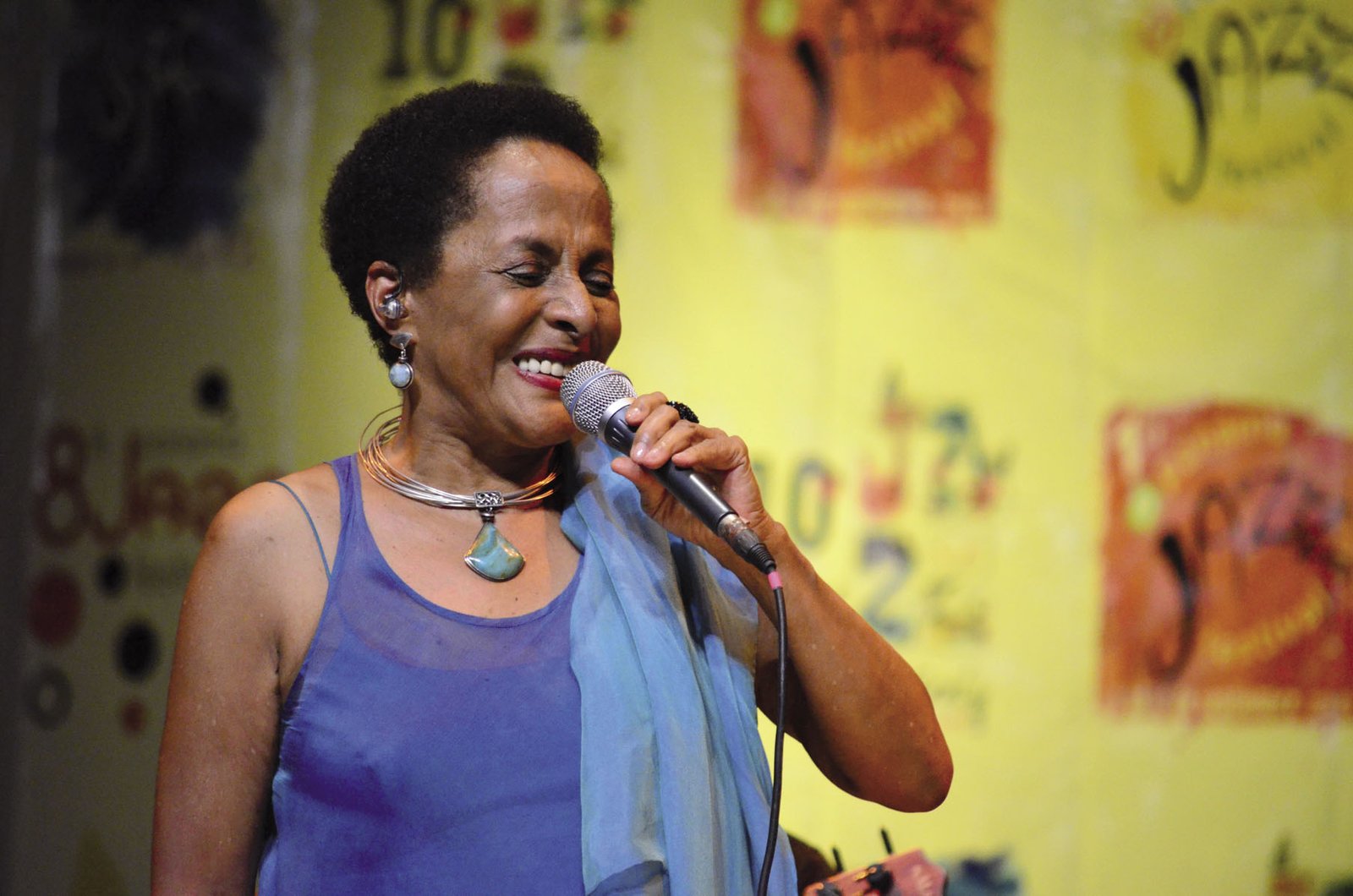
It is a joy to watch you sing. Beyond the beauty of your music and your voice or the genius of your musicians, it is wonderful to see how much you enjoy singing for the audience. What do you feel when you are performing your songs?
That’s exactly the word: enjoyment. It’s a great pleasure. Before going on stage, I tell the musicians: “I want to be happy tonight,” and we take that mood, that energy on to the stage. It’s a strong energy. Sometimes, I’m exhausted, so tired I can’t go on, and I wonder: “What will it be like tonight?” But I come on stage and it’s like receiving an injection of life. Making music gives me joy and happiness.
After the trouble you had starting your career in a conservative, male-dominated society, do you think that energy comes from your courage in striking out on a life path as important to you as music?
If I weren’t singing, what would I have done? My life includes many things, but music is essential to me. You know, my mother was frightened by the idea of my becoming a musician. She thought I would starve or end up in a tuberculosis sanatorium, because that’s where musicians and composers ended up at the time. And women who performed on stage had a reputation as being little better than prostitutes. It was a difficult path. My mother thought so and she said: “I’m going to encourage her to do something else.” But my mom was wrong, because my thing is music [laughter]. I remember that she sold her sewing machine so I could register at the university. I studied education, I’m a children’s teacher. She proudly attended my graduation and she was happy. She honestly didn’t want me to be a musician. She really enjoyed it when I sang around the house or when an uncle had me sing and play the guitar, but she was terrified I would actually go into music.
You are a leader and perhaps the most important figure in the Afro-Peruvian movement, an ethnic and cultural manifestation that has achieved international recognition thanks to your contributions as a performer and a music researcher. Tell us a little about its origins and the place of the movement in Perú now.
The history of the Afro movement in Perú is the history of each one of us. Marginalization and discrimination have made us stronger. It has been difficult for us to integrate, but we are achieving more and more. We are now in a phase of getting to know each other again. Being Minister of Culture was very useful, because the first thing we did was to convene the native peoples. There are so many different ethnic groups in Perú and we included them all so they understood that the Ministry of Culture is there for them, that they can come to exchange views and talk about their problems. We held an enormous reunion of the Afro-Peruvian family; it was huge! We embraced and talked about our problems and our need to be united. Well, that’s where we stand.
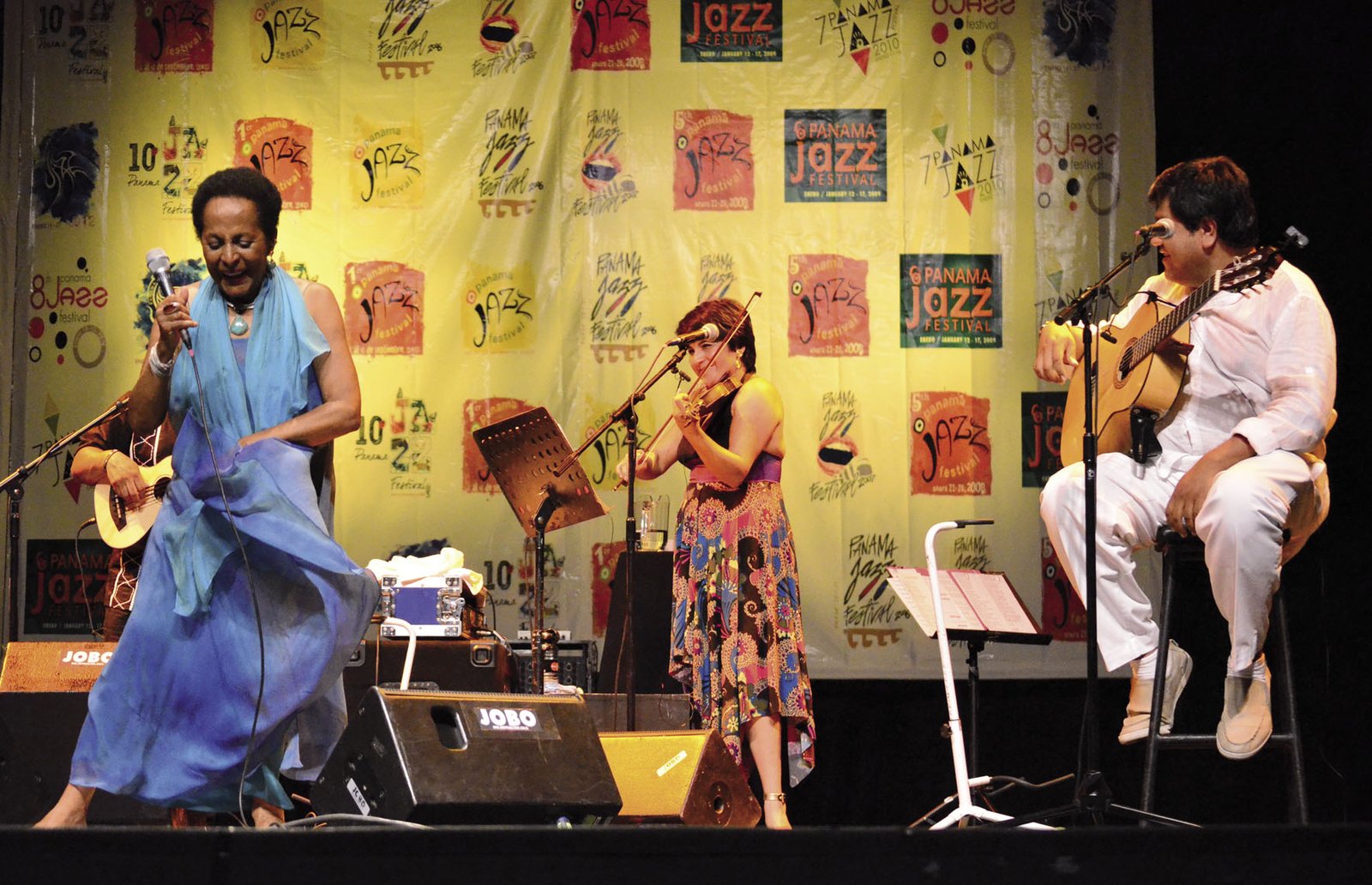
One of the virtues of the movement is that community and group leaders are aware of it. But Afro-descendants who are not part of the movement do not appreciate its importance, and they don’t know or understand what needs to be done. Fortunately, there is a group of young people called Makungu para el Desarrollo (http://perumakungu.blogspot.com), that is recovering their history and paying tribute to their heroes. What these young people are doing is interesting, because discrimination has damaged the people of preceding generations: they do not want to be black. And this youth movement is working to reverse this; they feel happy and proud of who they are and they say so openly: “This is who we are, we contribute to our country and we have our heroes, our music, and our writers.” They are flaunting their blackness and I think that’s wonderful.
One of the reasons I accepted the post of Minister was because an Afro-descendant had never held such a high position. Without thinking twice, I said: “That’s for me” [laughter]. I said to myself that since I had been able to bring my music to people around the world, why would I not be able to organize a new Ministry? I profited from the advice of people like Gilberto Gil and Paula Marcela Moreno [Ministers of Culture in Brazil and Colombia, respectively]. Gilberto Gil was frequently criticized, because there is also a lot of discrimination in Brazil, but he had the support of the President of his country, something I did not enjoy. The President [Ollanta Humala] changed his views along the way and we were not able to finish what we had started.
Would you do it again? Many performers who take on government posts say they would not repeat the experience. If they tapped you again as a Minister or even President, would you accept?
Under certain conditions, certainly. The problem is that many things need to be done in our countries, and if you have the chance to use that kind of pulpit, you have to accept, but you need to be clear about what you’re doing and have a team of like-minded people. It cannot work if the party winning an election fills the Ministry with people who are unable to work for culture, because they think culture is a catch-all for everything. Under the right conditions and with the right support, I would accept in order to try to change things for the better. I think you never stop being a performer, but you are also a performer-citizen who must serve your country.
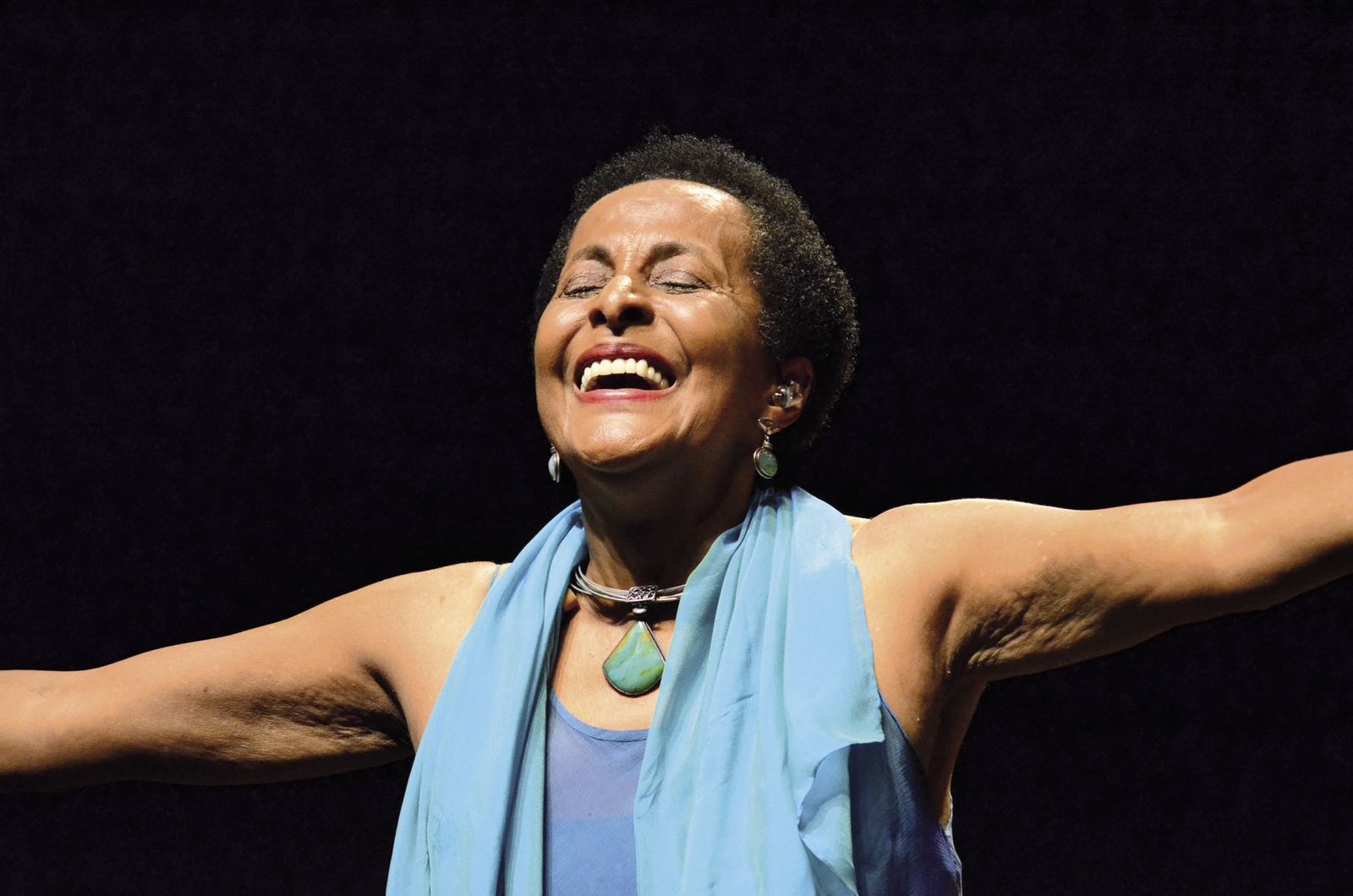
Ministries of Culture are relatively new in Latin America and even now, many countries are arguing about whether they are necessary or not. Given your experience, what do you think?
I think that the perfect combination would be a Ministry of Culture and Tourism. We don’t have that in Perú, but I think that since our countries have traditions reaching back thousands of years, people come and do cultural tourism. That is why these two offices should be combined; it would help them both. Governments do not understand the importance of culture, which is why they do not invest in it. And that is actually where they should invest the most, because culture transcends borders and has an impact on all of a country’s activities. Cultural budgets are minimal, which gives you an idea how much importance they assign to it. Tourism must be part of culture because it is generating more and more income. In Perú, people come in droves to visit Machu Picchu, for example. And who looks after Machu Picchu? The impoverished Ministry of Culture that has no funding, while the Ministry of Tourism and Foreign Trade has all the money. And that’s not right!
Lastly, tell me about the projects you are developing now. Lastly, tell me about the projects you are developing now. When will the new album be released?
The new album has been on hold for a while. We’re taking stock, just like we did twenty years ago, when we visited all the Afro communities in Perú and then edited the material we collected and put it in a book and an album. Now we have gone back to study the situation; we are working hard and have almost finished a book called El amargo camino de la caña dulce (The Bitter Road to Sweet Cane). My team and I have been working on this book for a whole year, making interminable trips along the coast, from town to town. The book should come out at the end of March.
I’m also preparing an autobiographical book. I think I need to share my experiences, since they could be useful to others; the book is based on the talks I give. At festivals and events where I play concerts, people are always asking me to teach master classes or just narrate my life story. I realized that all those stories, experiences, and questions asked by journalists might be interesting to others, so I’ve decided to talk about them. The book is well on its way; I have had to slow down a little since we have been coming and going and running here and there and it wears you out [laughter].
